An Evolving Approach
“What we kept seeing and hearing from families was that once you’ve experienced a high-quality early learning environment, once you’ve been a part of a highly-engaged parent and school community, it’s really difficult to accept anything less,” says Dr. Marina Merrill, CI’s director of research and evaluation.
CI wanted to ensure that the social-emotional, academic, and other gains that students and families achieved in high-quality early learning environments from birth to 5 were preserved and built upon as they moved into the elementary school years.
“Right now, we have these different worlds—preschool and K–5—that typically don’t align or integrate. But the science of learning tells us children need seamless learning experiences from birth into the elementary years,” said Adarkar.
The number of school districts and communities working to strengthen early learning has been growing. This includes more parents and educators working together to address learning as children move into kindergarten and through school.
“It’s complex work,” Adarkar said. “It takes time, but it’s also helped us discover what’s needed for schools, districts, kids, and families.”
Among the needs: a common language to help define the need and importance of early learning, more professional learning, a focus on instruction, and concentrated efforts to connect the early years to the early grades.
Grounded in Research
True to its research-based origins, CI spent time drinking deeply from the well of existing knowledge about how best to support early learning across preschool and the early grades. In 2016, CI conducted an analysis of Oregon’s existing preschool landscape. In 2018, staff crisscrossed the country visiting school districts leading the way to align and integrate preschool with elementary education. Educators, parents, and community partners continued to inform and advise as the design for ESS began to take shape.
“Ultimately, we found no magic curriculum. No magic program,” said Soobin Oh, senior early education advisor at CI. “[Success] was always driven by a community coming together with a focus on instruction and classroom practices. A huge part of this work is about collaborating and problem solving with communities.”
In deciding to forge its own path, rather than simply adopting or applying an existing program, CI is creating a unique opportunity for school districts to learn, evolve, and contribute to improving education in Oregon and across the U.S.
Collaborative in Design
ESS challenges participants to engage in a conceptual re-imagining of the educational experience for young children, not just in preschool, but also as they move into and through their early elementary school years.
“The approach is really designed to foster a learning partnership between all the different stakeholders that affect and are affected by early years and early grades learning,” says Oh.
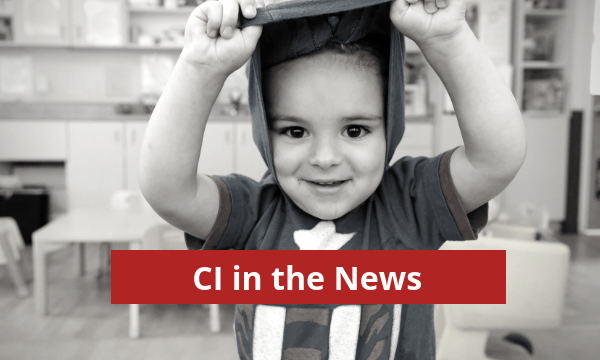

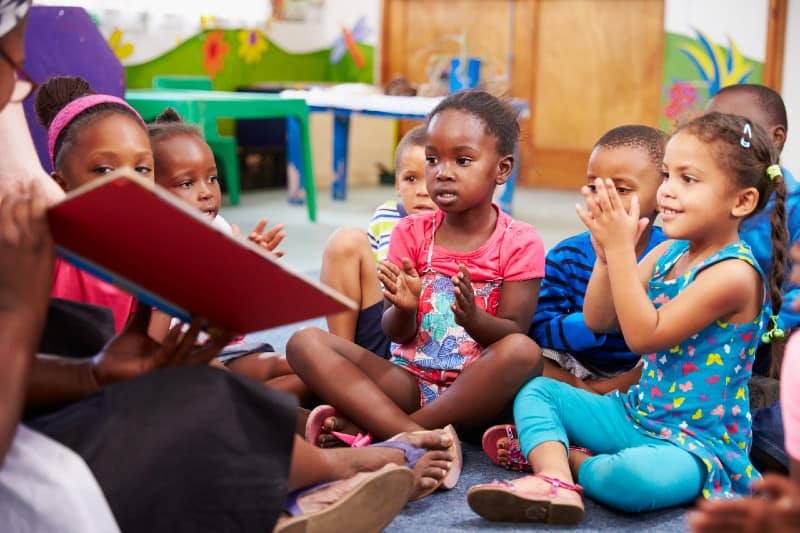

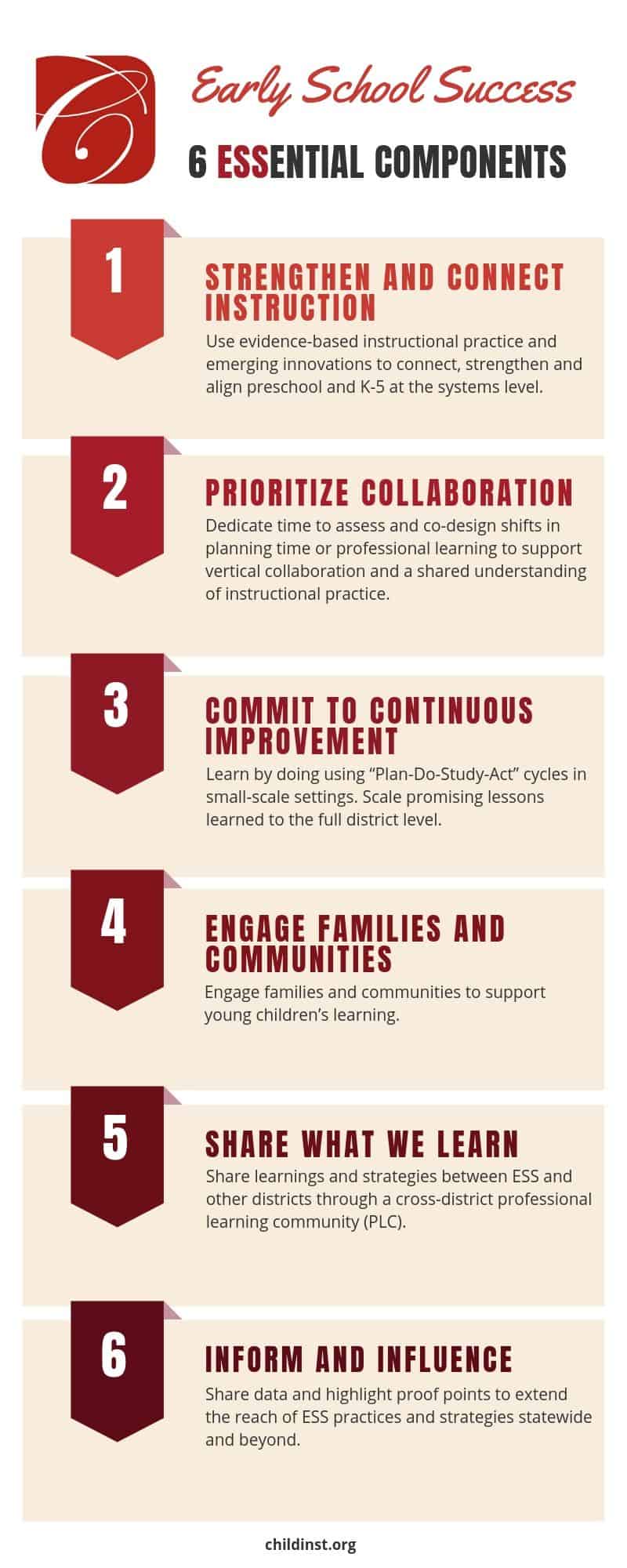
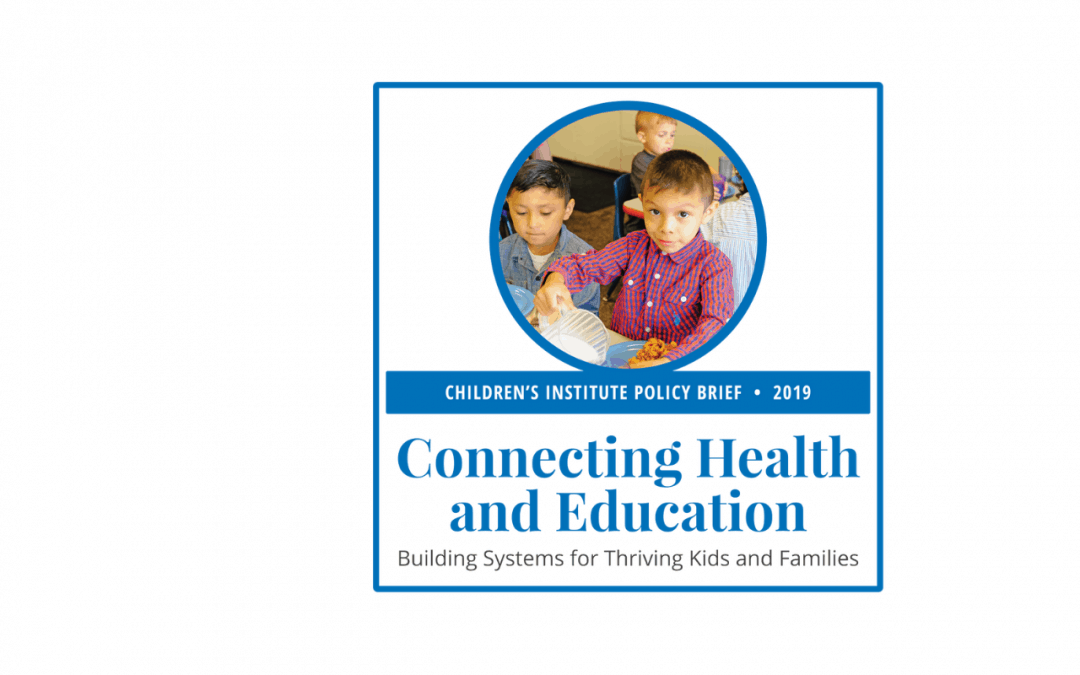
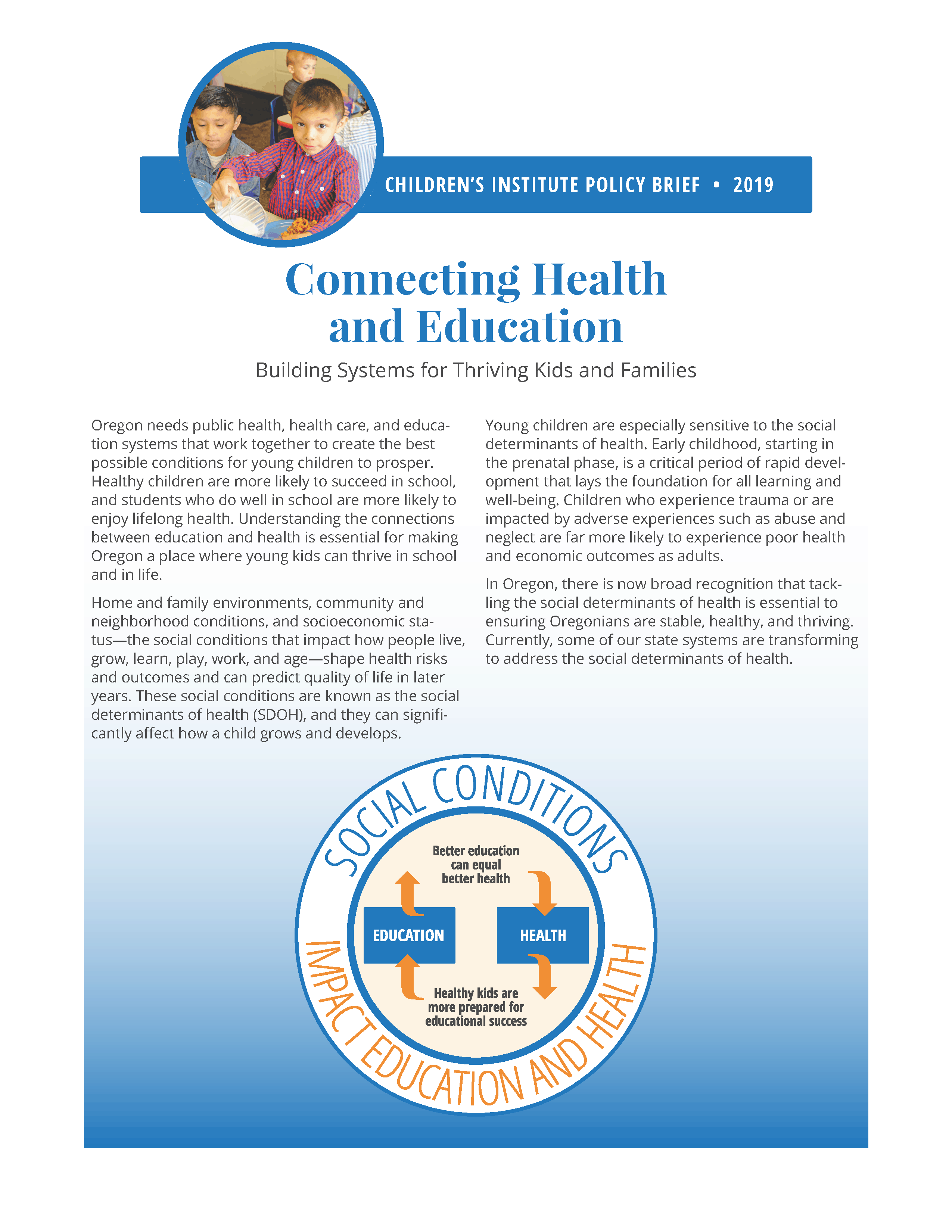 This policy brief explains the social determinants of health and the connections between health and education. Oregon needs public health, health care, and education systems that work together to create the best possible conditions for young children to thrive.
This policy brief explains the social determinants of health and the connections between health and education. Oregon needs public health, health care, and education systems that work together to create the best possible conditions for young children to thrive.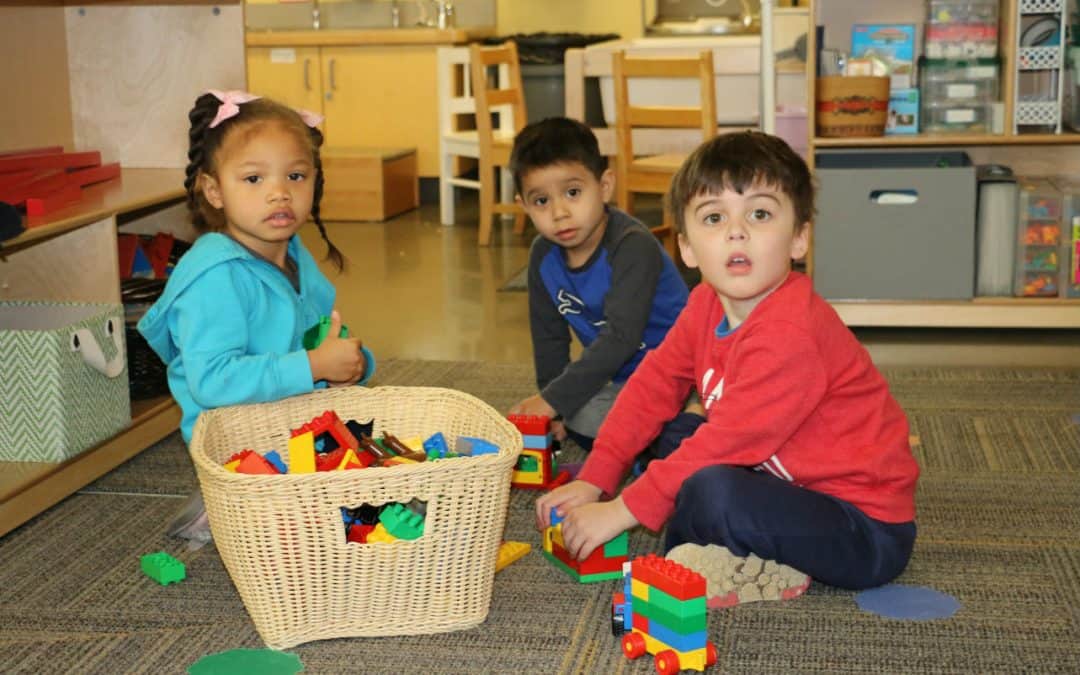
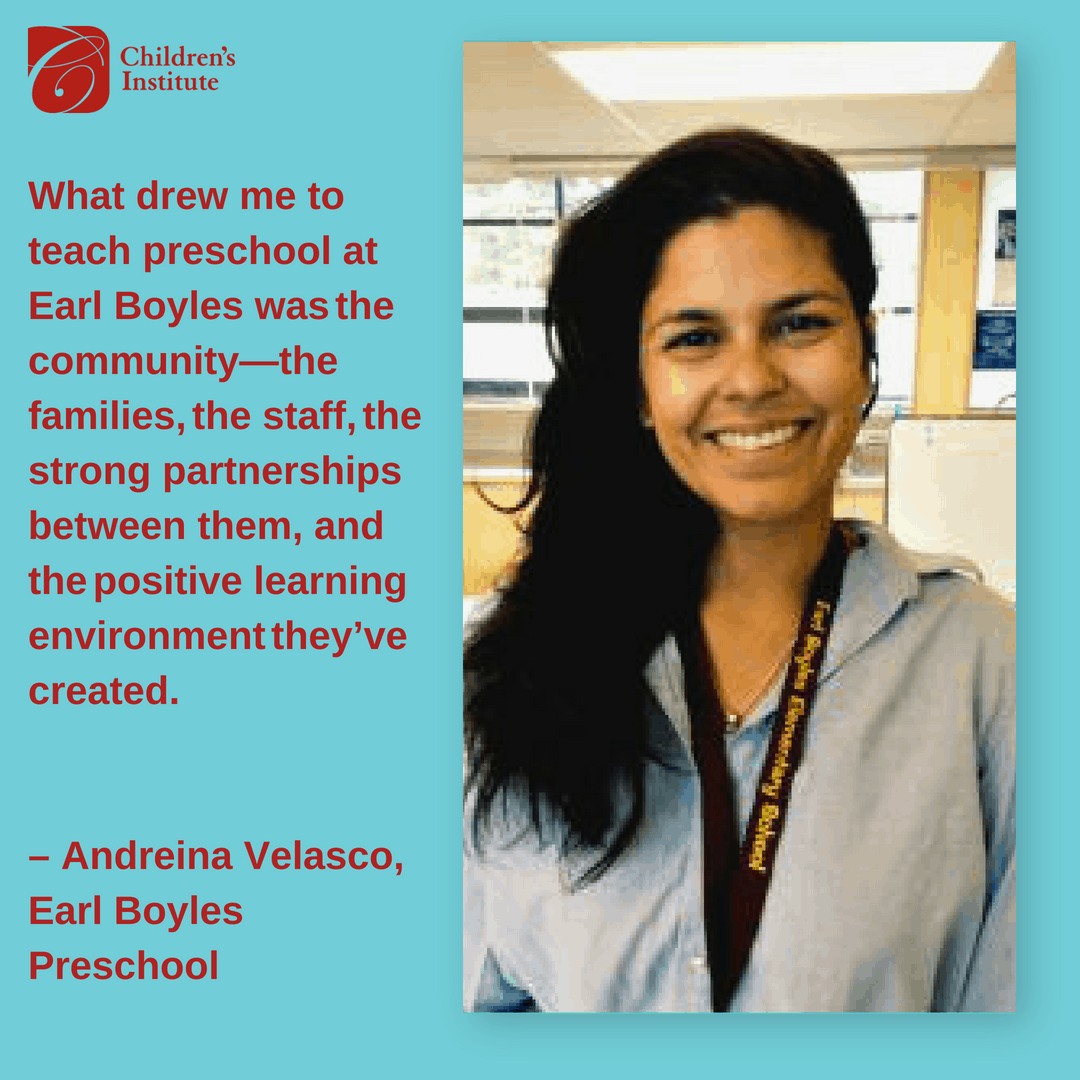
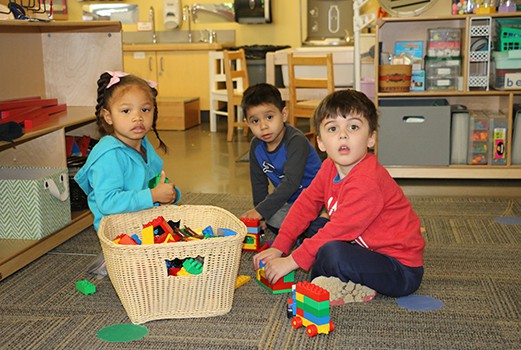
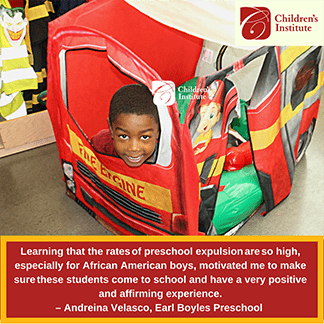
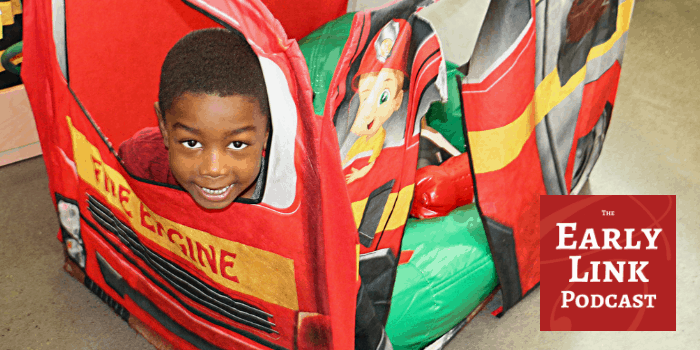
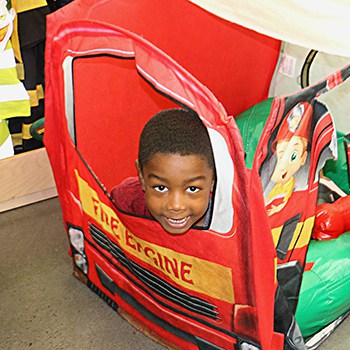 For our 23rd segment, we interviewed Dr. Marina Merrill from Children’s Institute (CI) and Dr. Beth Green from Portland State University (PSU). Dr. Merrill is the senior research and policy advisor for CI and leads the organization’s research on prenatal through third-grade issues, evaluation, data collection, and analysis. Dr. Green is a research professor and the director of early childhood and family support research at the Center for the Improvement of Child and Family Services at PSU. Our discussion focused on the Early Works initiative, a 10-year initiative working in two Oregon communities: Yoncalla Elementary in Yoncalla which is in Douglas County and Earl Boyles Elementary in Portland in Multnomah County. The project was set up to explore and demonstrate a new approach to education and healthy development for young children and began in 2010.
For our 23rd segment, we interviewed Dr. Marina Merrill from Children’s Institute (CI) and Dr. Beth Green from Portland State University (PSU). Dr. Merrill is the senior research and policy advisor for CI and leads the organization’s research on prenatal through third-grade issues, evaluation, data collection, and analysis. Dr. Green is a research professor and the director of early childhood and family support research at the Center for the Improvement of Child and Family Services at PSU. Our discussion focused on the Early Works initiative, a 10-year initiative working in two Oregon communities: Yoncalla Elementary in Yoncalla which is in Douglas County and Earl Boyles Elementary in Portland in Multnomah County. The project was set up to explore and demonstrate a new approach to education and healthy development for young children and began in 2010.